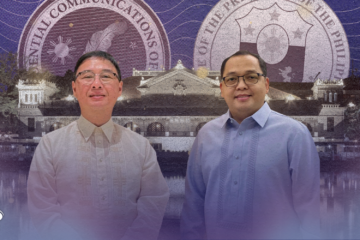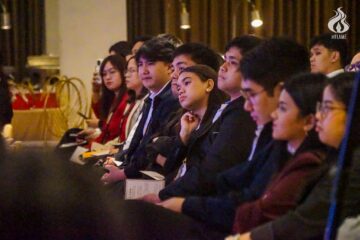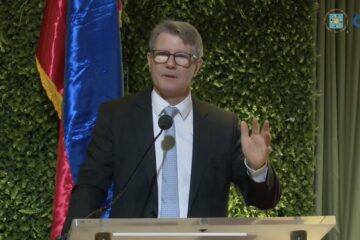
THE CONNECTION between critical theory and public sphere was discussed in a public lecture titled “Critical Theory and Philippine Society: Perspectives from Inside Out/Outside In” Friday, at the Martyr’s Hall, as a commemoration of this year’s World Philosophy Day.
Critical theory, as defined by Department of Philosophy Chair Dr. Paolo Bolaños, is the engagement to social reality, and “needs a certain public sphere in order to open its ideas.”
Bolaños also mentioned that one must be able to experience the wrong state of things in order to understand the said theory. “Hope is only possible if we recognize the hopeless,” said the editor in chief of Kritike, an online journal of Philosophy.
Meanwhile, Department of Media Studies chair Dr. Joyce Arriola said the critical theory correlates communication and literature to the society. “It (critical theory) levelled the hierarchy. It democratized art in text and social discourse. His (Dr. Bolaños) focus here is the welcome respite to the literary sector,” Arriola said. “I believe the theory was also able to democratize information.”
Department of Political Science Chair Dr. Dennis Coronacion, meanwhile, challenged the value of the theory and its capabilities to explain things that are happening, considering conditions before differ from the present time. “Theories die in a natural death. The moment the assumptions are seen as no longer capable of interpreting the changing reality, will this theory die in a natural death?”
Moreover, Dr. Lukas Kaelin of the University of Vienna and the Ateneo de Manila University noted that there is a need for a critical theory that is suitable in the present context, as the period from 1930 to 1940 triggered the birth of critical theory.
The World Philosophy Day will be celebrated on Nov. 19 in Paris, France. F KRYSTAL GAYLE R. DIGAY



